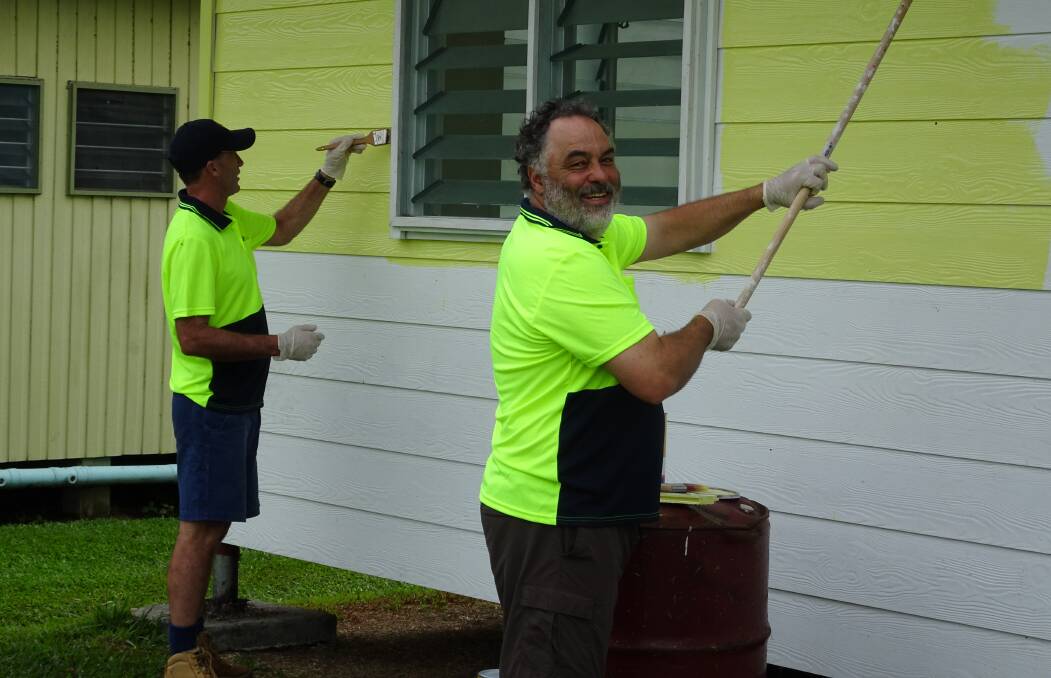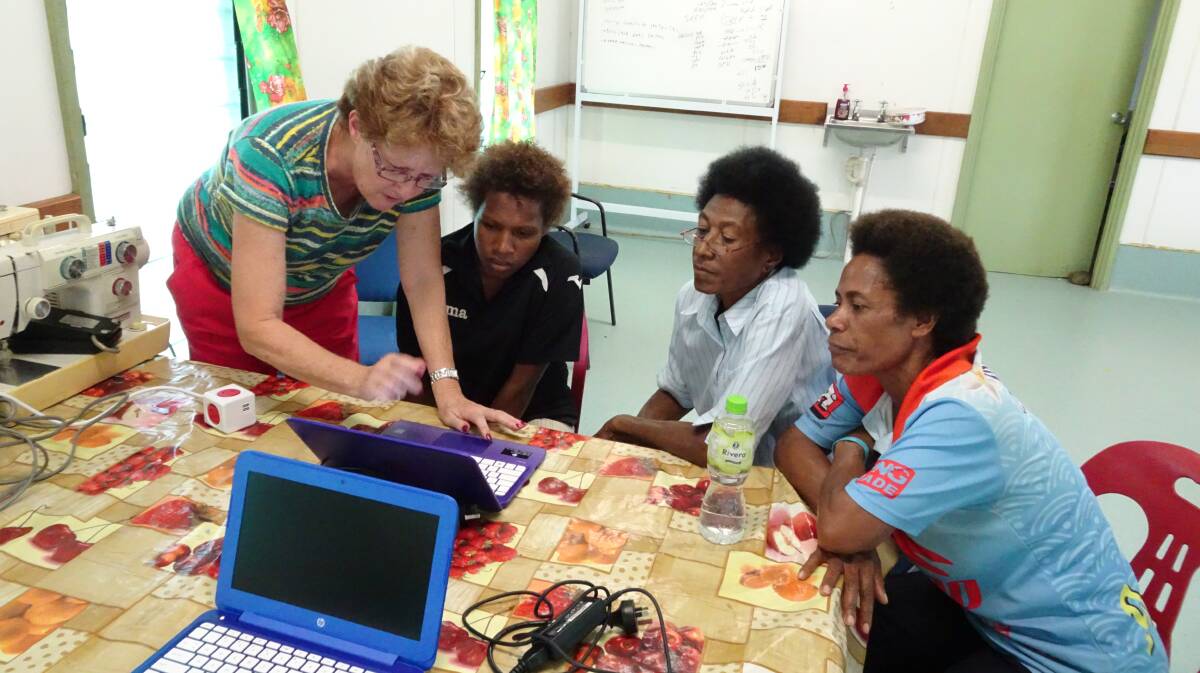A Rotary work team returned to Armidale this week after doing maintenance work at the Kokoda Memorial Hospital in Papua New Guinea.
Subscribe now for unlimited access.
$0/
(min cost $0)
or signup to continue reading
Four members of the Rotary Club of Armidale Central, Brett Campbell, John Guthrey, Richard Cannon and Jeremy Smith, formed part of a nine-person team involved over three weeks in repair and renovation work at the hospital. Greg Moran of the Inverell Rotary Club led the group.
Kokoda Memorial Hospital was opened by the Prime Ministers of Papua New Guinea (Julius Chan) and Australia (Paul Keating) in September 1995, having been built by Australian Rotarians including a team from Armidale and by local workers. Similar teams have returned to extend, repair and renovate the hospital is many subsequent years.

The hospital lies at the northern end of the notorious Kokoda Track, along which Australian forces delayed and ultimately turned back invading Japanese forces in 1942-43. It was the first Japanese retreat on land and marked a turning point in World War Two.
During the fierce fighting along Kokoda Track the Australian forces received considerable help from local men who carried the wounded to safety and brought up vital supplies, and who came to be known by the affectionate name ‘Fuzzy-Wuzzy Angels’.
The hospital was established in memory of both soldiers and civilians who died during the fighting, and in recognition of and gratitude for the invaluable help provided at the time by the native carriers.
While some members of the Rotary team were involved alongside local workers and trainees in building maintenance, others conducted sewing and computer classes and contributed to local women’s groups.
A large amount of hospital equipment and supplies, educational books, sewing machines, fabrics, clothing and other much-appreciated materials was delivered by the Rotary team to Kokoda Memorial Hospital and other hospitals and schools in the area. Donated materials had been packed into a shipping container and sent to Kokoda in advance.

Hospitals in northern New South Wales provided surplus medical equipment such as ECG machines, beds, linen and nurses’ uniforms. Members of the public contributed sewing machines, computers, books, school uniforms, clothing and money.
Books were very gratefully received by schools, including in villages along Kokoda Track. Some schools previously had almost no books, and they still lack most other school resources and even furniture.
Kokoda Track has become a place of challenge and pilgrimage for parties of Australian and other travellers, who are still assisted during their arduous 7 to 9 day walk across the rugged Owen Stanley Range by local carriers. A portion of the track fees paid by these travellers goes to help the local communities who own the land crossed by the track.

